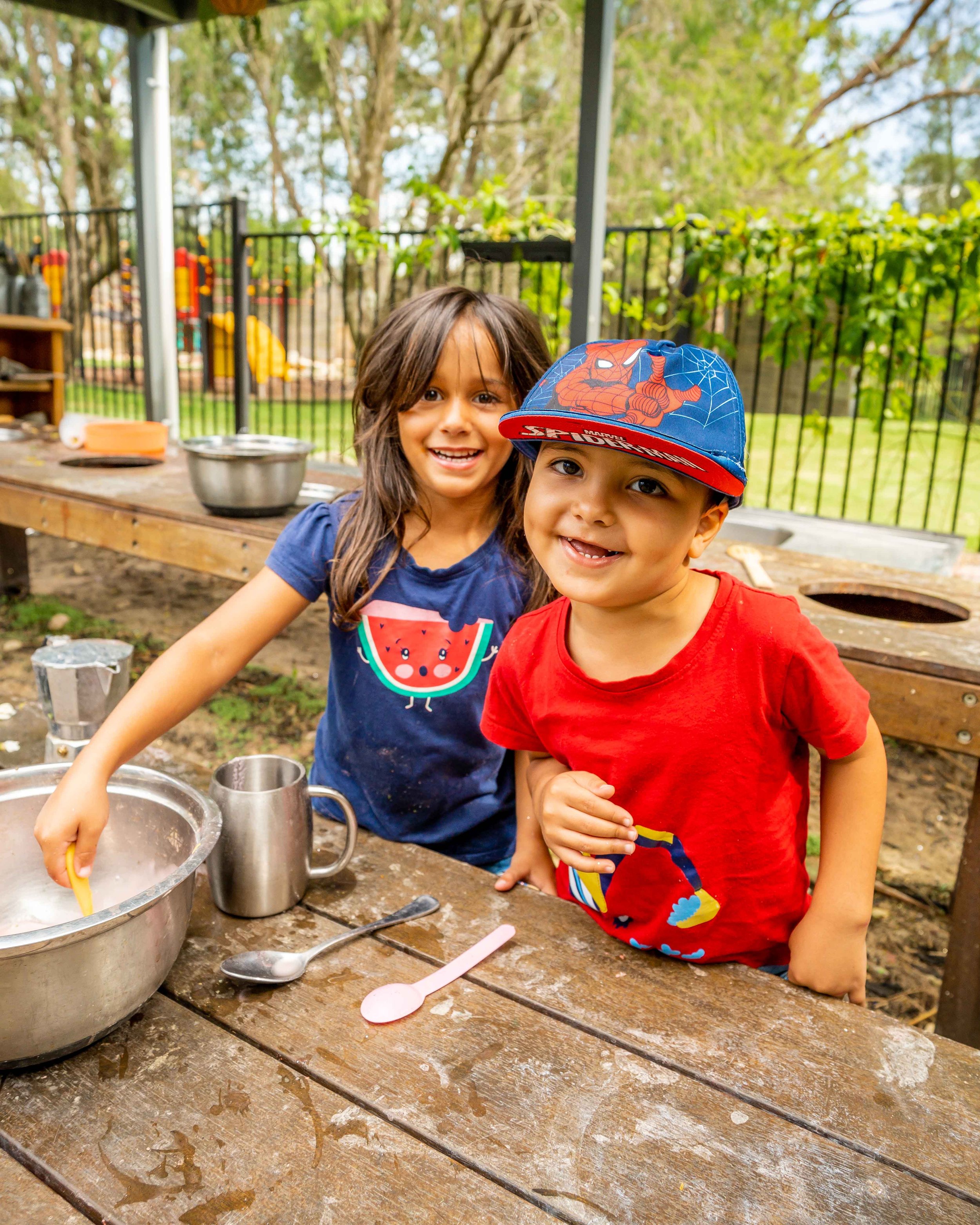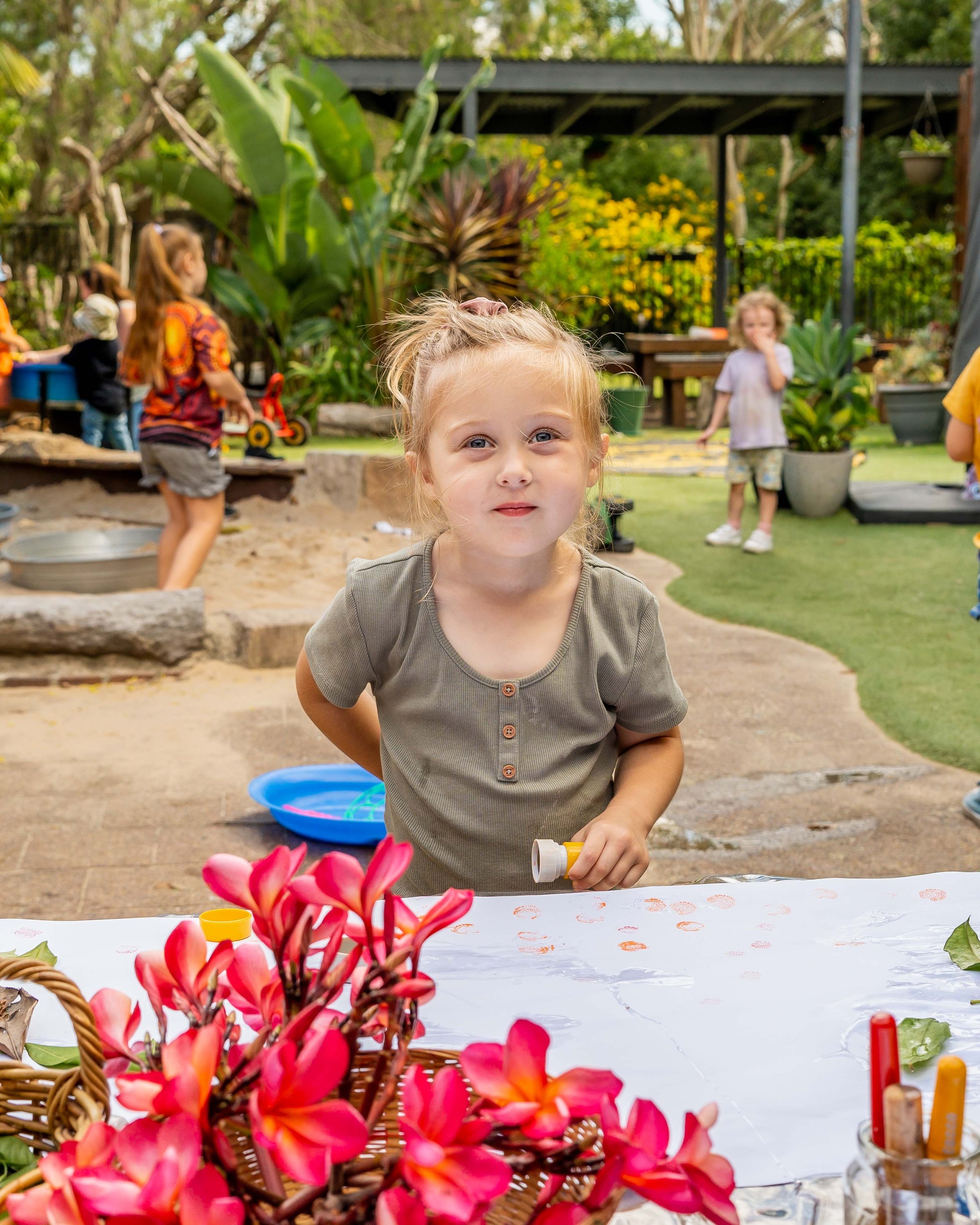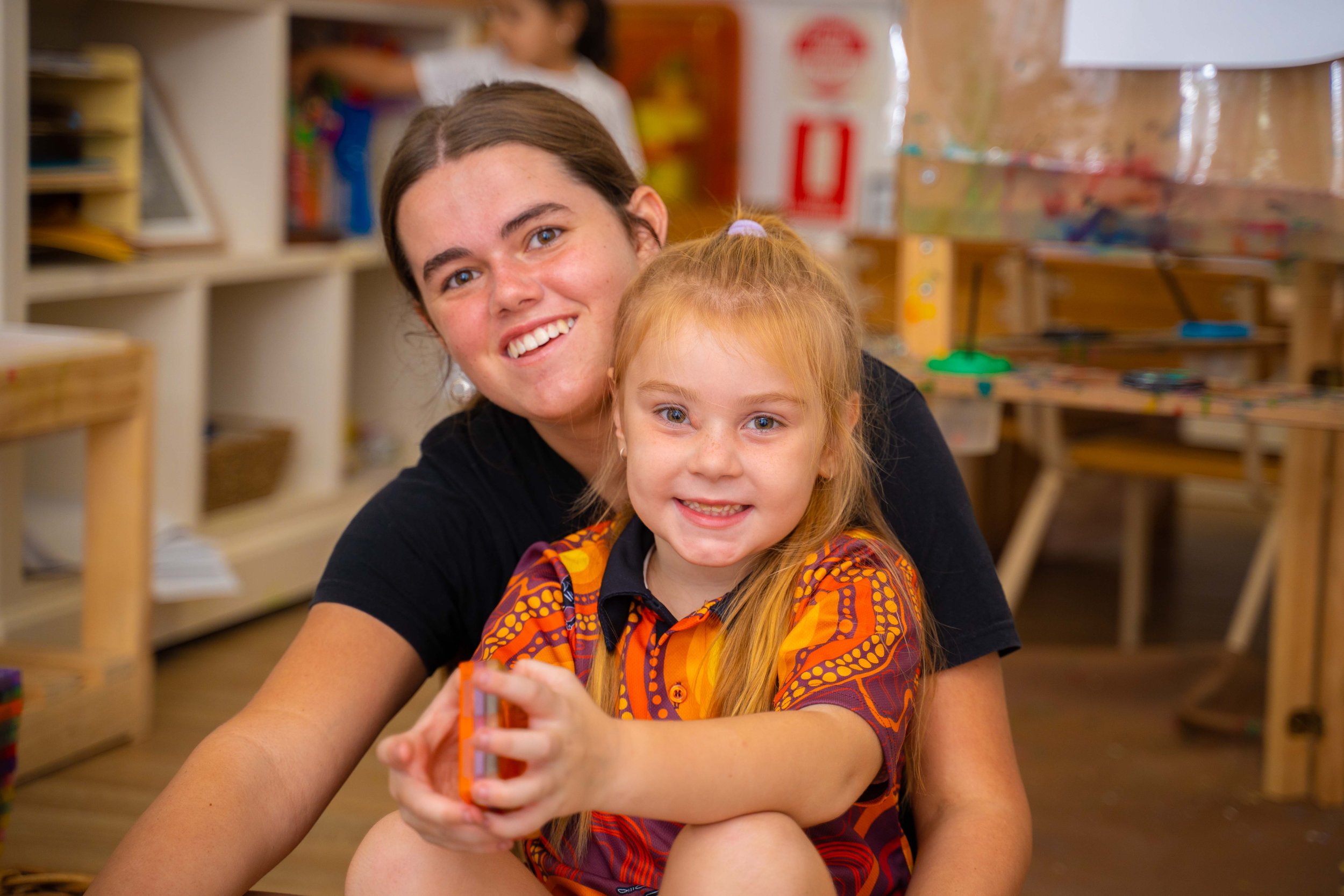The Crucial Role of Play in Early Learning: A Gateway to Success
Introduction:
In the vibrant landscape of early childhood education in Australia, the significance of play in fostering holistic development among preschool-aged children cannot be overstated. As educators and parents alike seek to provide a strong foundation for the future, understanding the pivotal role of play in learning becomes paramount. This blog post delves into the importance of play in the educational journey of preschoolers, exploring how it contributes to cognitive, social, and emotional development.
1. Cognitive Development:
Play serves as a dynamic catalyst for cognitive growth in preschool-aged children. Through activities like building with blocks, engaging in imaginative play, and solving puzzles, young minds are stimulated and challenged. These experiences help develop essential cognitive skills such as problem-solving, critical thinking, and spatial awareness. Moreover, play fosters creativity, encouraging children to explore their imaginations and think outside the box, laying the groundwork for future academic success.
2. Social Skills:
Australia places a strong emphasis on the development of social skills in early childhood education. Play provides an ideal platform for children to interact with their peers, fostering the development of crucial social skills. Whether engaging in cooperative games, sharing toys, or taking turns, preschoolers learn valuable lessons in communication, teamwork, and empathy. These social skills are not only essential for successful integration into formal education but also form the building blocks for positive relationships throughout life.
3. Emotional Well-being:
The emotional well-being of preschoolers is a key concern for both parents and educators. Play acts as a natural outlet for children to express and understand their emotions. Whether through role-playing, storytelling, or engaging in sensory activities, play allows children to process and make sense of their feelings. This emotional literacy is foundational for developing resilience, self-regulation, and a positive attitude towards learning.
4. Language Development:
Language acquisition is a crucial aspect of early childhood education, and play plays a vital role in this process. Whether engaging in imaginative play, storytelling, or group activities, children are exposed to a rich linguistic environment. This exposure aids in the development of vocabulary, language comprehension, and communication skills. Australia's commitment to fostering bilingualism is further supported by the role of play in language development among preschoolers.
Conclusion:
As Australia continues to prioritize early childhood education, recognizing the integral role of play in the learning process for preschool-aged children becomes imperative. Play is not just a recreational activity; it is a powerful tool for cognitive, social, and emotional development. By incorporating play-based learning approaches into early education curricula, Australia is not only preparing its youngest citizens for academic success but also nurturing well-rounded individuals equipped with the skills necessary for a lifetime of learning and growth. In essence, play is the cornerstone upon which the educational journey of preschoolers is built, setting the stage for a bright and promising future.




